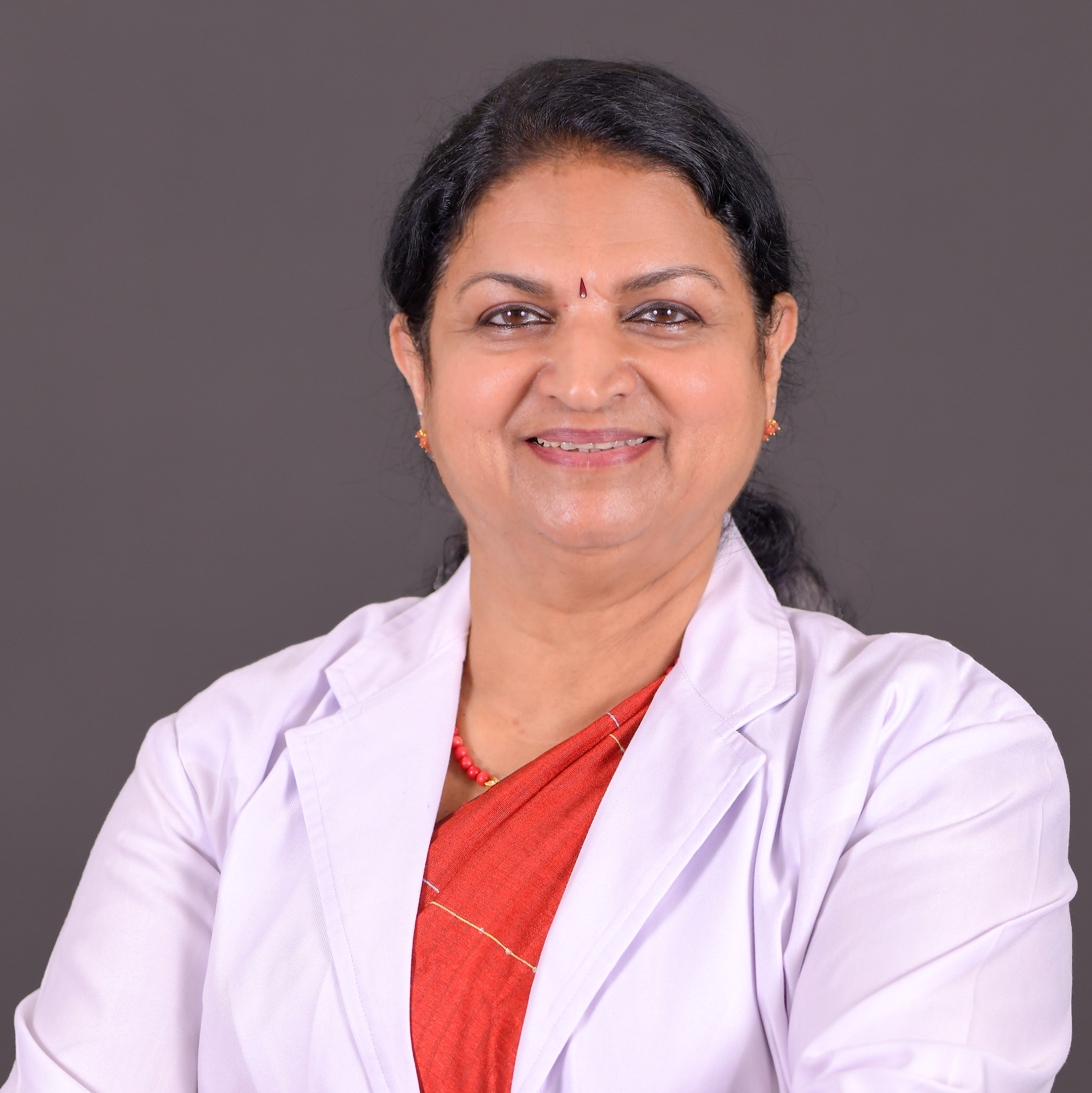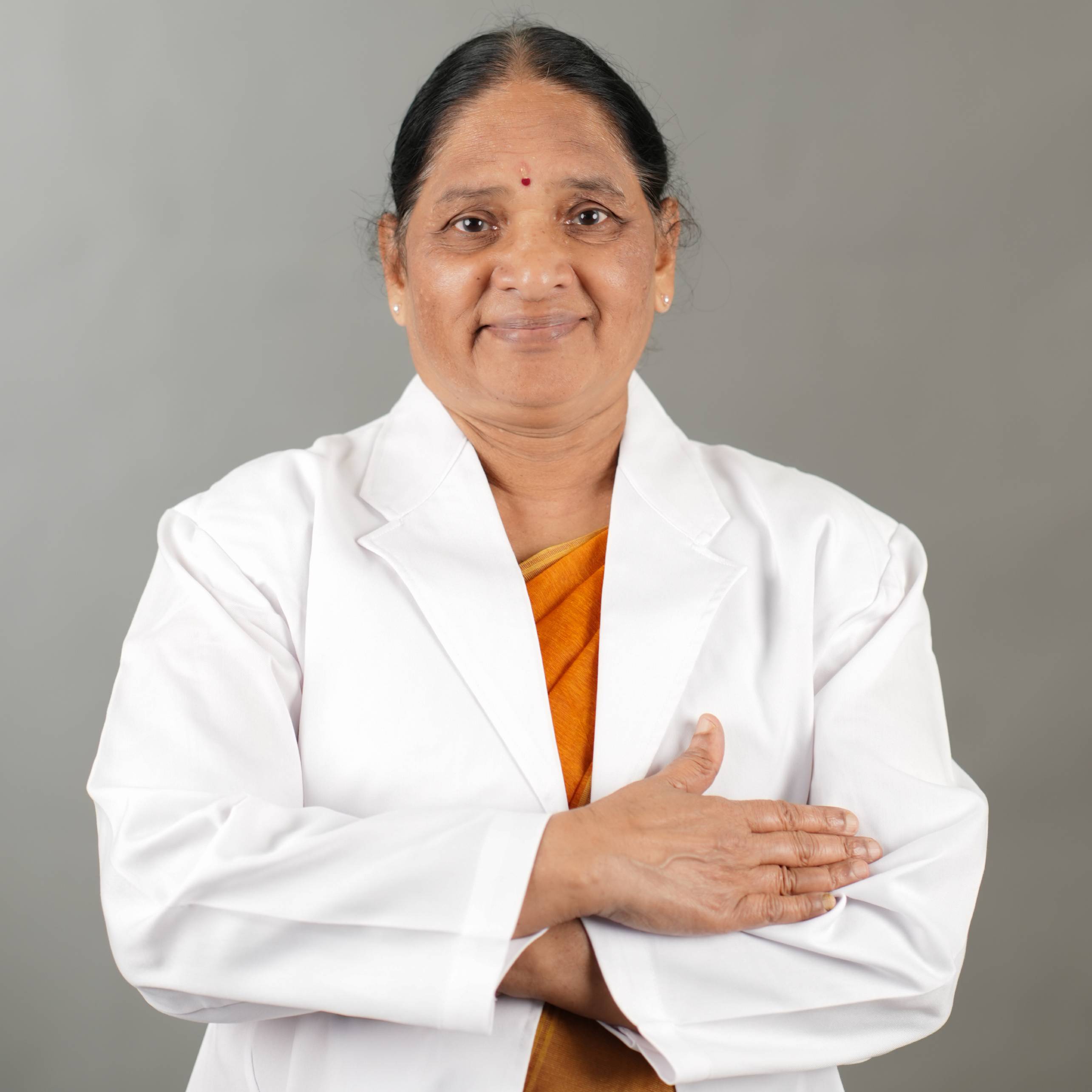- Our Doctors
- Our Specialities
Centres of Excellence
-
 Centre for Blood Diseases, BMT & Cancer Immunotherapy
Centre for Blood Diseases, BMT & Cancer Immunotherapy -
 Centre for Bone, Joint & Spine
Centre for Bone, Joint & Spine -
 Centre for Critical Care Medicine and ECMO Services
Centre for Critical Care Medicine and ECMO Services -
 Centre for Gastrosciences
Centre for Gastrosciences -
 Centre for Heart & Vascular Care
Centre for Heart & Vascular Care -
 Centre for Nephro-Urosciences
Centre for Nephro-Urosciences -
 Centre for Neurosciences
Centre for Neurosciences -
 Centre for Obstetrics and Gynaecology
Centre for Obstetrics and Gynaecology -
 Centre for Organ Transplantation
Centre for Organ Transplantation
Super Speciality
-
 Advanced Diagnostic and Interventional Radiology
Advanced Diagnostic and Interventional Radiology -
 Anesthesiology & Pain Management
Anesthesiology & Pain Management -
 Clinical Nutrition and Dietetics
Clinical Nutrition and Dietetics -
 Dental and Maxillofacial Surgery
Dental and Maxillofacial Surgery -
 Dermatology
Dermatology -
 Emergency and Trauma
Emergency and Trauma -
 Endocrinology and Metabolic Disease
Endocrinology and Metabolic Disease -
 ENT and Head & Neck Surgery
ENT and Head & Neck Surgery -
 Family Medicine
Family Medicine -
 General and Laparoscopic Surgery
General and Laparoscopic Surgery -
 General Medicine
General Medicine -
 GI Onco Surgery
GI Onco Surgery -
 GI Oncology
GI Oncology -
 GI Surgery, Advanced Laparoscopy and Gastro Oncosurgery
GI Surgery, Advanced Laparoscopy and Gastro Oncosurgery
-
- Key Procedures
- Our Hospitals
- International Patient
- Contact us
-
Quick Links


Premenstrual syndrome (PMS)
Premenstrual syndrome (PMS) is a common condition that affects many women during the menstrual cycle. Premenstrual syndrome has a wide variety of signs and symptoms, including mood swings, tender breasts, food cravings, fatigue, irritability and depression. It's estimated that as many as 3 of every 4 menstruating women have experienced some form of premenstrual syndrome.
Symptoms:
- Physical Symptoms:
- Bloating or water retention
- Breast tenderness or swelling
- Headaches or migraines
- Fatigue or lack of energy
- Acne or other skin problems
- Joint or muscle pain
- Cramps or abdominal pain
- Emotional Symptoms:
- Mood swings
- Irritability or anger
- Anxiety or nervousness
- Depression or feelings of sadness
- Difficulty concentrating or focusing
- Insomnia or trouble sleeping
- Changes in appetite or food cravings
- Behavioural Symptoms:
- Social withdrawal or isolation
- Decreased sex drive
- Poor work or school performance
- Changes in alcohol or drug use
- Changes in exercise or physical activity level
- Suicidal thoughts or behaviour (in rare cases)
Causes
Hormonal changes: PMS is thought to be related to fluctuations in estrogen and progesterone levels during the menstrual cycle. These hormonal changes can affect neurotransmitters in the brain, leading to emotional symptoms of PMS.
Genetics: There may be a genetic component to PMS, as some women are more likely to experience PMS symptoms than others.
Environmental factors: Stress, lack of sleep, poor diet, and other environmental factors can contribute to PMS symptoms.
Other underlying health conditions: Certain health conditions, such as depression, anxiety, thyroid disorders, or endometriosis, may increase the risk of PMS or exacerbate symptoms.
Treatments
Meet Our Doctors
Frequently Asked Questions:
Can PMS be prevented?
While there is no guaranteed way to prevent PMS, making healthy lifestyle choices and managing stress may help reduce the severity of symptoms.
What are the potential side effects of PMS treatments?
Side effects of PMS treatments can vary depending on the type of treatment. It's important to discuss potential side effects with a healthcare provider before starting any treatment.
When should I see a healthcare provider about PMS symptoms?
It's a good idea to see a healthcare provider if PMS symptoms are interfering with daily life or if symptoms are significantly impacting mood or quality of life. A healthcare provider can help identify potential causes of PMS symptoms and develop a personalized treatment plan.

 +91 9393 108 108
+91 9393 108 108



















































